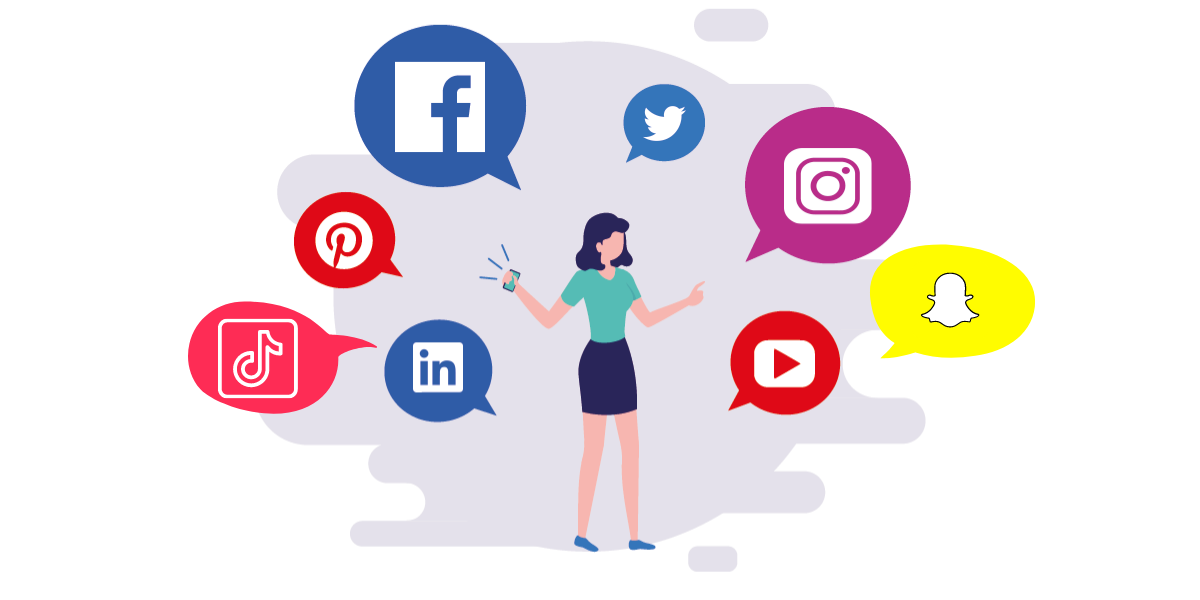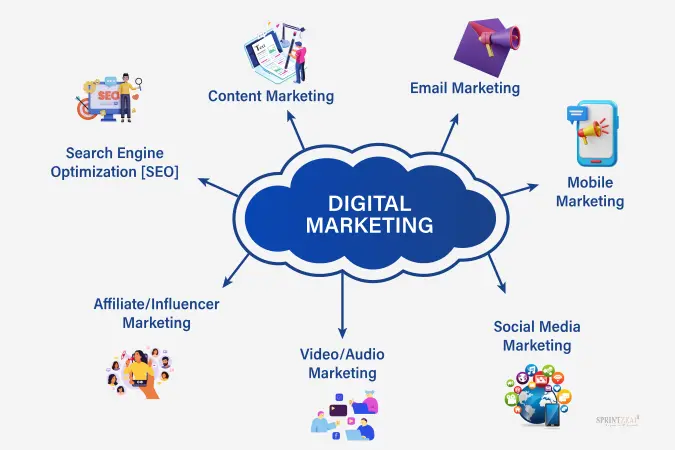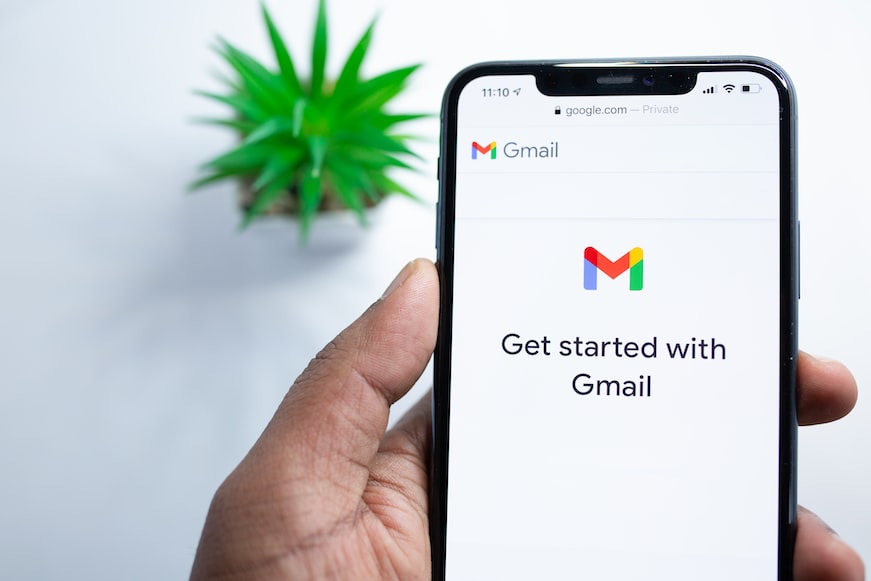In today’s competitive digital landscape, choosing the right platforms for your digital marketing strategy is crucial for success. With a wide array of platforms available, selecting the most effective ones can significantly impact your brand’s visibility, engagement, and overall performance. Here’s a guide to some of the best platforms for digital marketing, optimized for SEO readability and effectiveness:
1. Google Ads
Google Ads is one of the most powerful platforms for digital marketing, offering businesses the ability to reach potential customers through search engine marketing (SEM). By targeting specific keywords, businesses can display ads at the top of Google search results, driving highly targeted traffic to their websites. The platform’s pay-per-click (PPC) model ensures that you only pay when someone clicks on your ad, making it a cost-effective option for many businesses.
Key Features:
Targeted keyword campaigns
Pay-per-click advertising
Detailed analytics and reporting
2. Facebook
With over 2.8 billion active users, Facebook is a dominant platform for digital marketing. It offers extensive targeting options, allowing businesses to reach specific demographics based on age, location, interests, and more. Facebook’s advertising tools include a variety of ad formats, such as image, video, carousel, and slideshow ads, making it versatile for different types of campaigns.
Key Features:
Advanced audience targeting
Multiple ad formats
Integration with Instagram ads
3. Instagram
Instagram, owned by Facebook, is an essential platform for brands looking to engage with a younger, visually-oriented audience. The platform is particularly effective for businesses in fashion, beauty, lifestyle, and e-commerce. Instagram’s features, such as Stories, Reels, and Shopping, offer creative ways to showcase products and services, while influencer partnerships can help amplify reach.
Key Features:
High engagement rates
Visual content focus
Instagram Shopping for e-commerce
4. LinkedIn
LinkedIn is the go-to platform for B2B digital marketing. It’s highly effective for reaching professionals, business decision-makers, and industry leaders. LinkedIn Ads allow for precise targeting based on job titles, industries, company sizes, and more. Content marketing through LinkedIn, such as sharing blog posts, whitepapers, and case studies, can establish your brand as an authority in your field.
Key Features:
B2B marketing focus
Professional audience targeting
Content marketing opportunities
5. YouTube
As the second largest search engine in the world, YouTube is a powerful platform for video marketing. Brands can create and promote video content to engage with their audience, build brand awareness, and drive conversions. YouTube Ads offer a range of formats, including skippable ads, non-skippable ads, bumper ads, and more, catering to different marketing objectives.
Key Features:
Wide audience reach
Diverse ad formats
Integration with Google Ads for targeting
6. Twitter
Twitter is an excellent platform for real-time marketing, allowing brands to engage with their audience through quick updates, trending topics, and customer interactions. It’s particularly useful for brands looking to build a presence in industries like tech, entertainment, and news. Twitter Ads offer promoted tweets, accounts, and trends to help increase visibility and engagement.
Key Features:
Real-time engagement
Trending topics and hashtags
Promoted tweets and accounts
7. Pinterest
Pinterest is a visually-driven platform that is ideal for businesses in industries like home decor, fashion, food, and DIY. It allows users to discover and save ideas, making it a great platform for brands to showcase their products and inspire potential customers. Pinterest Ads can drive traffic to your website, increase brand awareness, and boost sales.
Key Features:
Visual content focus
High intent audience
Promoted Pins for targeted advertising
Conclusion
Choosing the best platforms for digital marketing depends on your business goals, target audience, and the type of content you plan to create. Google Ads, Facebook, Instagram, LinkedIn, YouTube, Twitter, and Pinterest each offer unique advantages that can help you reach your marketing objectives. By leveraging these platforms effectively, you can enhance your brand’s visibility, engage with your audience, and drive successful marketing campaigns.





